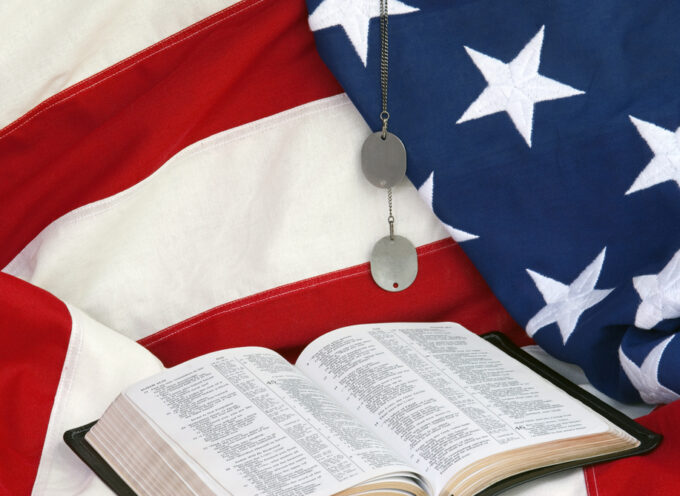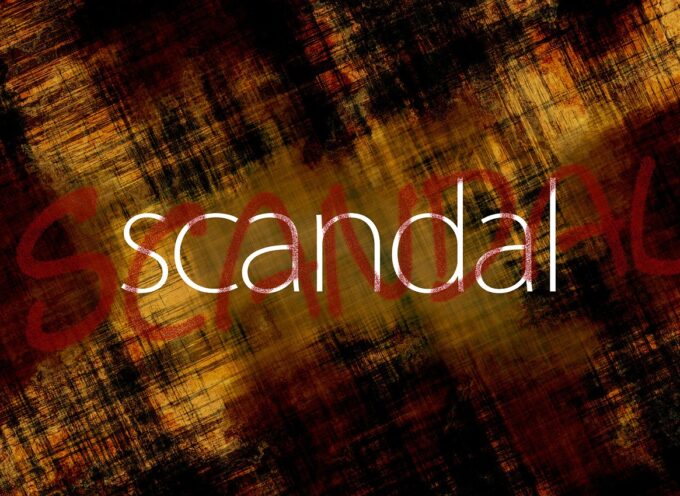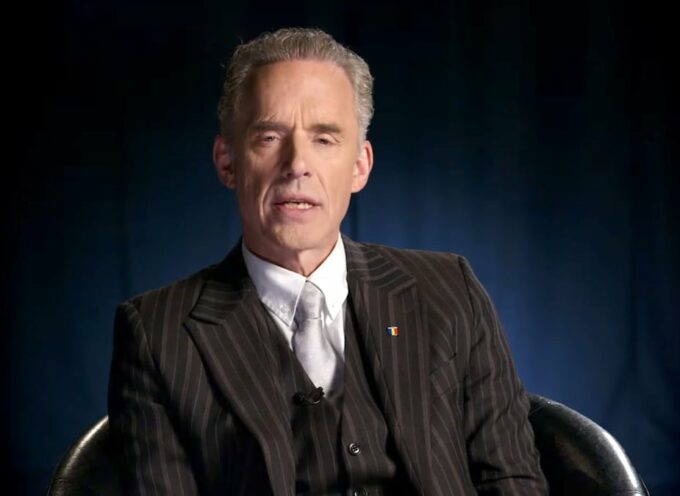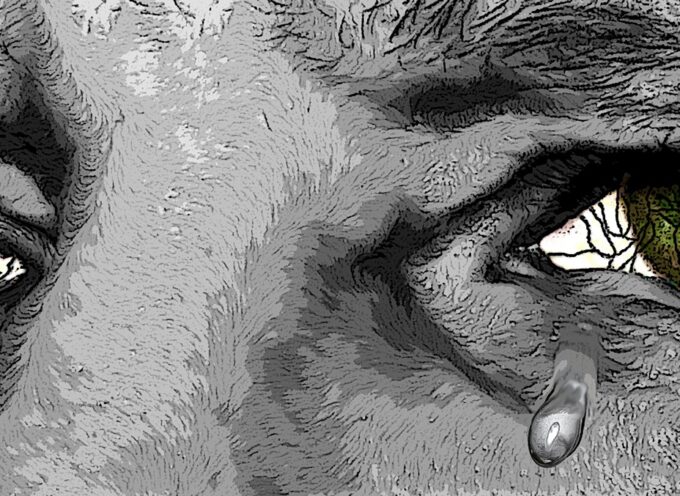Here are twelve books I recommend to pastors, professors, and students who wish to be Christian witnesses in politics and public life. I will describe each book and then rank its level of difficulty on a scale of 1-5, with 5 being the most difficult. Level 1 is the category for a book you could give to any friend or family member. Level 5 is the category for a book that might be required in a PhD seminar.
- Augustine, City of God. I’ve read City of God at least five or six times. In it, Augustine reveals a captivating strategy for being witnesses in the midst of a declining pagan empire. Warning: because of its size and formidable prose, I recommend that you not read it in bed, for fear that you would doze off in mid-sentence and be crushed to death. 551 pages. Level 4.
- James Skillen, The Good of Politics. Skillen provides an excellent concise introduction to Christianity and politics. He provides a biblical theology of politics, a concise overview of key historical developments, and a treatment of how evangelical Christians should engage in politics today. Only read this book if you prefer to see the big picture of politics rather than remaining content with surface-level knowledge of your pet public policy issues. 214 pages. Level 3.
- Jonathan Leeman, Political Church. Leeman rejects modernity’s separation of religion and politics into discrete realms. He argues that the local church is a profoundly political assembly, an embassy of Christ the King. He explores the nature of Christ’s rule and the manner of its expression in our era between Christ’s two comings. Warning: if you think that the story of the world finds its destiny in the rise of democratic modernism, you will hate this book. But, on the other hand, if you think it finds its destiny in the resurrection… 403 pages. Level 4.5.
- Richard John Neuhaus, The Naked Public Square. This powerful little volume argues against political nudity in the public square. In other words, contra John Rawls and modern political liberalism, he argues that citizens cannot and should not seek to divest themselves of their most deeply-held beliefs when entering the public square to debate the common good. 280 pages. Level 4.5.
- David Koyzis, Political Visions and Illusions. Absolutely indispensable book. Koyzis begins by exposing modern political ideologies—liberalism, conservatism, nationalism, democracy, and socialism—as idolatrous. After doing so, he goes on to argue for a non-ideological alternative, a Christian approach for seeking justice in modern democratic republics characterized by religious and political diversity. 281 pages. Level 3.5.
- Richard Mouw and Sander Griffioen, Pluralisms and Horizons. Mouw and Griffioen wrestle with how to conceive of public Christian witness in a plural society. This is one of the most underappreciated pieces of public theology in the past half-century. No, really. Even in spite of its cover. 183 pages. Level 3.
- Richard Mouw, Uncommon Decency. Mouw argues that Christians should exhibit civility even in the midst of a very uncivil public square. Even a person with only the dimmest spark of critical reflectiveness should be able to grasp the relevance of this book in our day. It should be required reading for every Christian politician, blogger, and political pundit. 187 pages. Level 2.
- Budziszewski, The Revenge of Conscience. Budziszewski traces the political effects of original sin on modern Western politics and public life. He shows how we suppress our God-given conscience, and how that suppression wreaks havoc on us and our societies. Along the way, he critiques liberalism, communitarianism, and conservatism, and explains why modern Westerners justify killing people who are defenseless and weak. 162 pages. Level 3.
- Lesslie Newbigin, Truth to Tell. This feisty little book argues that the gospel is a public truth in the light of which all other modes of thought should be evaluated. Jesus is Lord. Caesar is not. 90 pages. Level 2.
- Lesslie Newbigin, Signs amid the Rubble. This book is a collection of Newbigin’s essays and speeches. Each one, in its own way, argues that we should live as signs of God’s kingdom amid the rubble of human history. The book is easily worth its sticker price just for the last speech, “The Gospel and Culture.” 121 pages. Level 3.
- Os Guinness, Fool’s Talk. This book should be required reading for every Christian politician, blogger, and political pundit. Guinness argues that evangelical Christians need to recover the lost art of persuasion. “[By] expressing the love and compassion of Jesus, and using eloquence, creativity, imagination, humor and irony… [we might be able to] pry open hearts and minds that, for a thousand reasons, had long grown resistant to God’s great grace, so that it could shine in like the sun.” 271 pages. Level 3.
- Russell Moore, Onward. Moore gives us a beautifully written book that shows us how to engage the culture without losing sight of the fact that we are first and foremost gospel witnesses. He covers topics such as kingdom, culture, mission, human dignity, religious liberty, family stability, and convictional kindness. 224 pages. Level 2.
Of course, I would not be offended if you read my Letters to An American Christian. In it, I write a series of brief letters to American Christians, addressing more than 20 “hot-button” issues in American politics and public life. I had a lot of fun writing and hope you’ll also enjoy reading it. 239 pages. Level 2.
Subscribe
Never miss a post! Have all new posts delivered straight to your inbox.








Nicely done. Perhaps once Pro Rege drops, it will also merit a post. By the what part of Kuyper did your PH.D. read?
Mel
Mel, yes sir. In fact, I’ll be doing an entire list devoted to Kuyper.
Weighty list! None by a woman?
Lindsey, hi! No, not on this list. When we get to the list on public policy issues, there will be.
Diane, thank you. You are very kind.
You’ve convinced me to read City of God, for sure. I’ve already read One Nation Under God, which I found very edifying. I’ll check out some of the others you’ve mentioned.
Great list! But somehow I’m missing Wayne Grudem’s volume on politics here.
Glad to see Os Guinness on the list; we loved you past review of “Impossible People” with all the references cited. That was one of your best, IMO.
On a separate topic, I’m not persuaded by all the advocates of ‘social justice’ in our day.
Matter of fact, I’m skeptical if we all define it similarly. If you’ve written on SJ, I’d like to read what you had to say. thanks so much!
Thank you Barry!
Not a single book by a woman or a person of color?
Cool stuff. I’ve only read a couple. I would also include O’Donovan’s “Desire of the Nations,” and if you want an excellent biblical study, Mark E. Moore’s “Kenotic Politics: The Reconfiguration of Power in Jesus’ Political Praxis.”
Thank you Ben. I haven’t read Moore yet.
Thanks for this.
Great list for my library visits but too expensive on Amazon, even used.
Prayerfully,
Jim
Thank you, James!